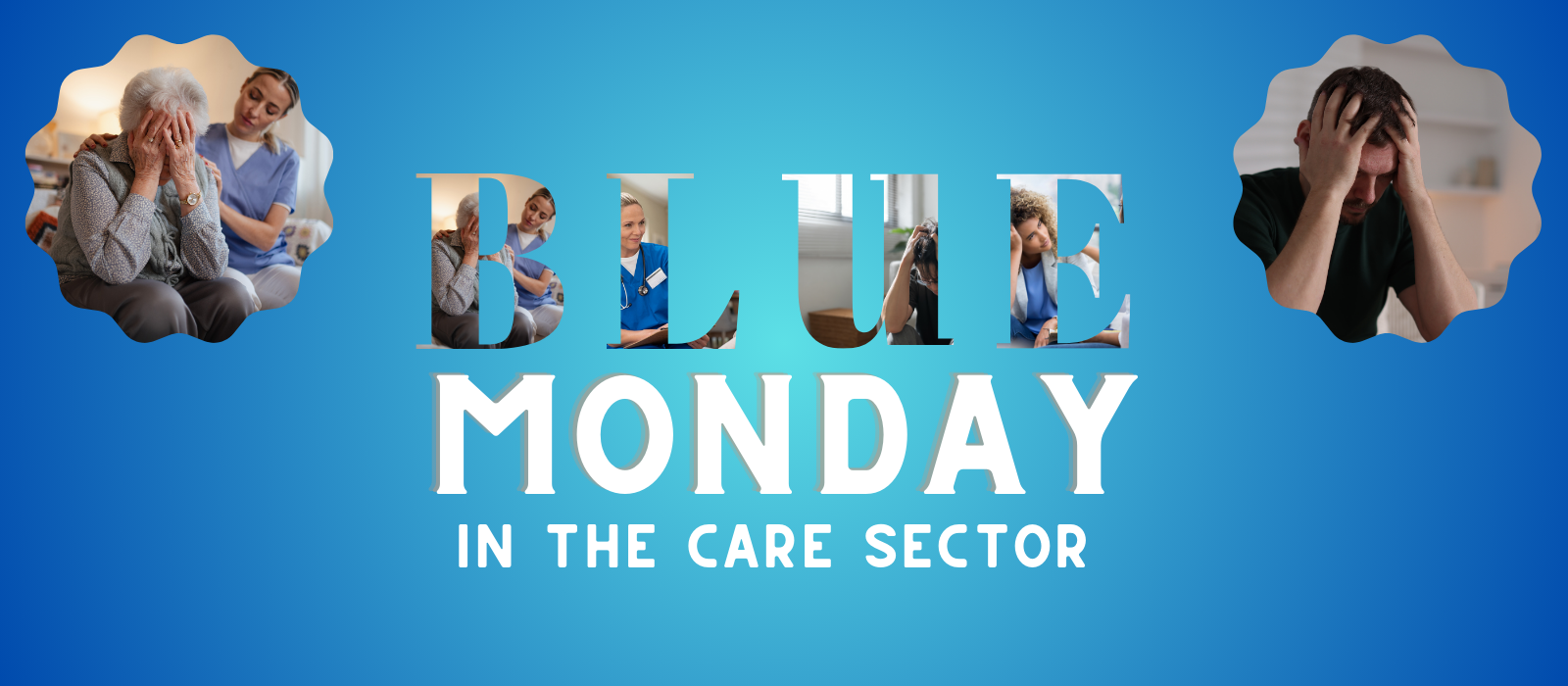In a significant move towards safeguarding public health, the NHS has recently announced the expansion of eligibility criteria for shingles vaccination in the United Kingdom. Starting from September 2023, almost a million more people, specifically those who are severely immunosuppressed and over the age of 50, will be able to receive two doses of the Shingrix vaccine. This expansion marks a pivotal moment in preventive healthcare, as it addresses a previously underserved population and offers a range of benefits for both individuals and society as a whole.
Understanding Shingles:
Shingles, also known as herpes zoster, is a painful and potentially debilitating viral infection caused by the varicella-zoster virus, the same virus responsible for chickenpox. After an individual recovers from chickenpox, the virus remains dormant in the nervous system. Later in life, often due to factors such as stress, aging, or a weakened immune system, the virus can reactivate and cause shingles. The infection typically presents as a painful rash, often accompanied by nerve pain that can persist even after the rash disappears.
Benefits of Expanded Vaccination:
The decision to extend shingles vaccination eligibility is poised to bring forth numerous advantages for the individuals and the wider community:
- Reduced Disease Burden: By offering the Shingrix vaccine to those who are severely immunosuppressed and over 50, the NHS is taking a proactive stance to prevent shingles in a group at higher risk. This approach can lead to a reduction in the overall incidence of shingles, minimising the burden on both patients and the healthcare system.
- Pain Relief and Improved Quality of Life: Shingles can cause excruciating pain, often leading to complications such as postherpetic neuralgia – persistent nerve pain that can linger for months or even years after the rash subsides. Expanding vaccination could help reduce the occurrence of these painful complications, enhancing the quality of life for those affected.
- Healthcare Cost Savings: The economic impact of shingles extends beyond medical expenses. By preventing shingles, the healthcare system can potentially save on costs associated with hospitalisations, treatments, and management of complications, thereby allocating resources more efficiently.
- Public Health Protection: Increasing vaccination coverage not only shields eligible individuals from shingles but also contributes to herd immunity, indirectly protecting those who are unable to be vaccinated due to medical reasons. This is particularly important for individuals with compromised immune systems, for whom the consequences of shingles can be severe.
- Promotion of Immunisation Awareness: The expansion of shingles vaccination eligibility serves as a reminder of the importance of staying up-to-date with immunisations. This move may stimulate conversations about preventive measures against other vaccine-preventable diseases, fostering a culture of proactive healthcare engagement.
As we approach September 2023, the imminent availability of the Shingrix vaccine for severely immunosuppressed individuals aged 50 and above reflects a laudable stride towards enhancing public health and well-being. By targeting a demographic previously excluded from shingles vaccination, the NHS is demonstrating its commitment to comprehensive healthcare access and disease prevention. As individuals take advantage of this opportunity, they contribute to their own health and the collective health of the nation, exemplifying the principle that prevention is indeed the best medicine.
Read more about the news here: NHS England » NHS shingles vaccine will be offered to almost one million more people
Find out more about our care management software here: Care Management Software by Fusion eCare Solutions





